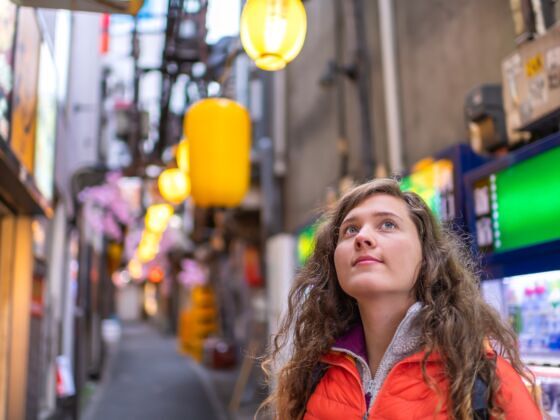I HAVE EATEN Japanese curry, and I have tried Yakitori style chicken hearts. I’ve had habu-sake and chu-hi, and I sang Bruce Springsteen karaoke very late at night.
I cook miso soup from scratch and use chopsticks to eat rice, even when no one is looking. I ride the train and pay for ice cream sandwiches from vending machines using my Suica card.
